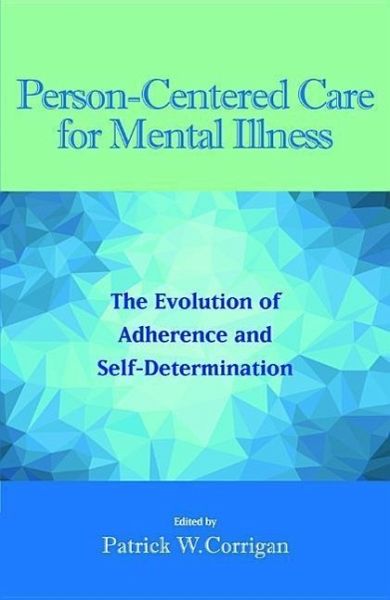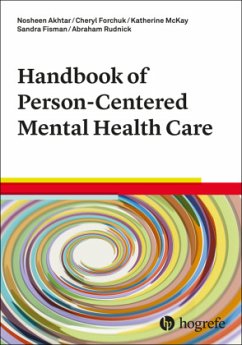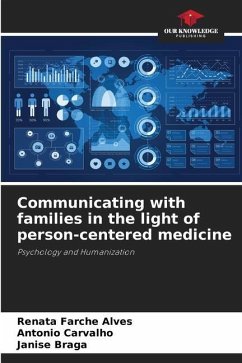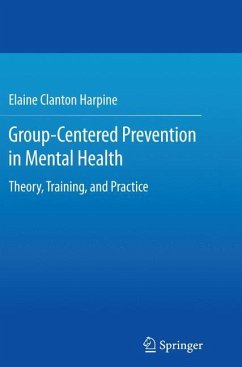
Person-Centered Care for Mental Illness
The Evolution of Adherence and Self-Determination
Versandkostenfrei!
Versandfertig in über 4 Wochen
69,99 €
inkl. MwSt.

PAYBACK Punkte
35 °P sammeln!
In contrast to the institutional approach of years past, today most people with mental illness live in the community, and decide for themselves whether, and to what extent, to participate in treatment. Providers are now beginning to ask, "How do I provide services that help people achieve their recovery goals?" rather than, "How do I get my patient to adhere to the prescribed treatment?" Contributors to this volume describe the public health benefits that emerge when providers respect personal health care decisions-even when the person making them has a serious mental illness. They also share ...
In contrast to the institutional approach of years past, today most people with mental illness live in the community, and decide for themselves whether, and to what extent, to participate in treatment. Providers are now beginning to ask, "How do I provide services that help people achieve their recovery goals?" rather than, "How do I get my patient to adhere to the prescribed treatment?" Contributors to this volume describe the public health benefits that emerge when providers respect personal health care decisions-even when the person making them has a serious mental illness. They also share evidence-based practices that enhance self-determination, such as: ¿creating an advance psychiatric directive ¿addressing clients' information processing difficulties, so they can better understand their treatment options ¿motivational interviewing to support employment as part of a recovery plan Rich examples of consumer-provider interactions illustrate how providers can instill hope and help activate the client's support network to facilitate goal-setting and decision-making.












